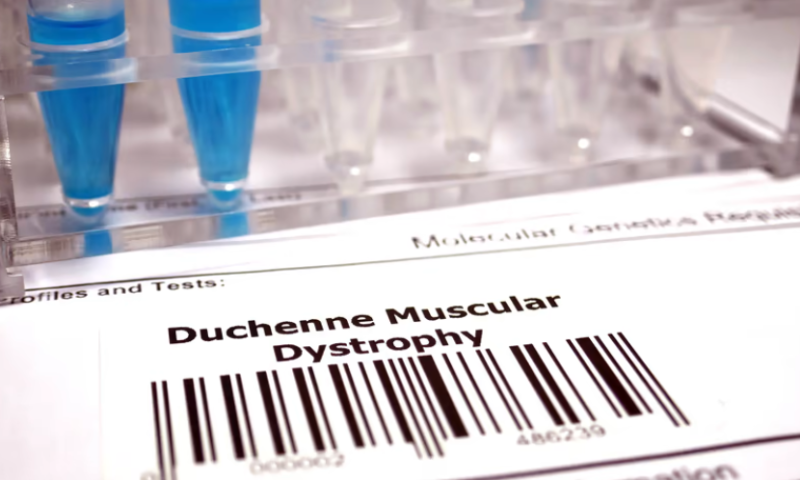Pfizer is getting back to work on a late-stage test for its Duchenne muscular dystrophy (DMD) gene therapy. The decision comes several months after a patient death in a phase 1 trial drew a clinical hold on the medicine from the FDA.
The New York pharma disclosed the reactivation Thursday morning, announcing that the FDA had removed the clinical hold on fordadistrogene movaparvovec after the company addressed the agency’s requests regarding a potency assay and implemented a protocol amendment. The global phase 3 study called CIFFREO, which was paused in December 2021 when the death was revealed, will now get back underway in 11 countries.
The death occurred in a phase 1b study of non-ambulatory patients, and all studies of the gene therapy were immediately paused for a review by the data monitoring committee. Pfizer said the patient had more advanced disease with underlying cardiac dysfunction.
Pfizer’s phase 3 trial is studying the gene therapy in ambulatory patients, meaning those who do not need a wheelchair for mobility. The Big Pharma’s protocol amendment means that patients will be more closely monitored. Specifically, there will be a seven-day hospitalization period after patients receive the therapy.
As for non-ambulatory patients who have more advanced disease, Pfizer is still working with the data monitoring committee and gene therapy experts to consider whether the study should resume in this population. But the company has received regulatory and ethics approvals to proceed with studying fordadistrogene movaparvovec in the ambulatory population.
The phase 3 study will return to action, with regulators in the U.K., Canada, Taiwan, Spain and Belgium already clearing the protocol change. The company expects all sites to reopen by the end of June pending regulatory authorization.
“This protocol amendment was put forward out of an abundance of caution with patient safety top of mind and will enable investigators to closely monitor patients and manage any potential events moving forward,” Pfizer said in a letter to the patient community (PDF) posted by the patient advocacy group Parent Project Muscular Dystrophy.
Fordadistrogene movaparvovec is designed to deliver a shortened version of the human dystrophin gene via an adeno-associated virus serotype 9 capsid. In DMD, patients are missing a protein called dystrophin that helps keep muscle cells intact. The genetic condition leads to muscle degeneration and weakness beginning around ages 3 to 5.
The return of Pfizer’s trial puts some pressure back on Sarepta Therapeutics, which has a competing DMD gene therapy in development, according to RBC Capital Markets analysts. But the extensive monitoring added by Pfizer under the protocol amendment, which includes a seven-day hospitalization, means Sarepta maintains an edge on safety.
The monitoring suggests that the FDA and other regulators continue to have safety concerns for Pfizer’s therapy, potentially related to cardio toxicity, RBC said. With the non-ambulatory population still delayed, RBC also believes that Sarepta could find a wider market sooner if its therapy has success in those patients. The company is conducting a phase 3 study called Embark with a readout slated for the end of 2023. Regulatory filing could follow in early 2024.

